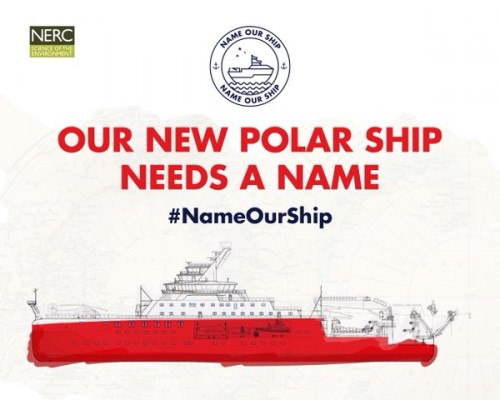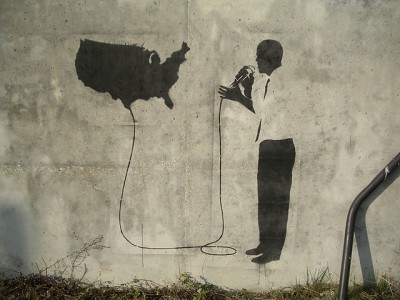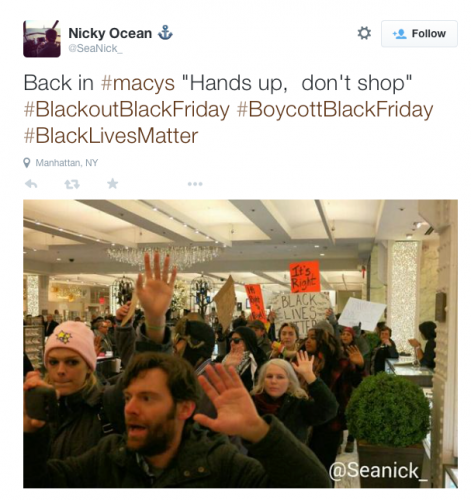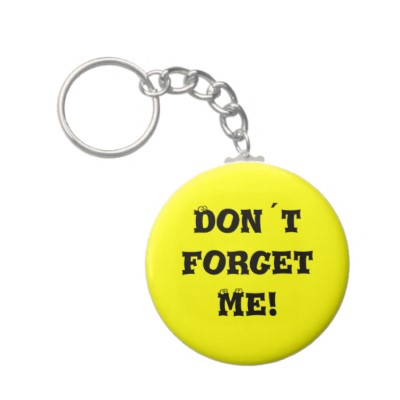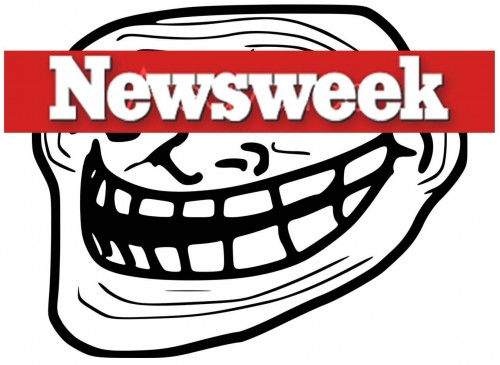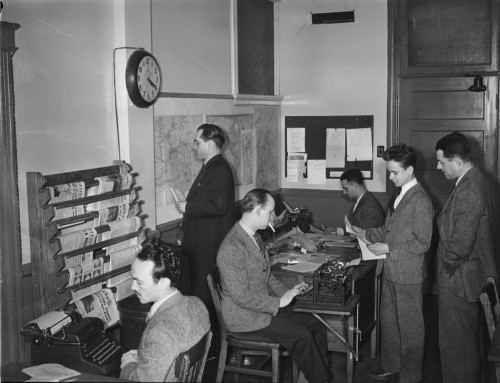 The hack and leak of Colin Powell’s emails have brought with them a national conversation about journalistic ethics. At stake are the competing responsibilities for journalists to respect privacy on the one hand, and to inform the public of relevant ongoings on the other.
The hack and leak of Colin Powell’s emails have brought with them a national conversation about journalistic ethics. At stake are the competing responsibilities for journalists to respect privacy on the one hand, and to inform the public of relevant ongoings on the other.
Powell’s emails, ostensibly hacked and leaked by Russian government forces, revealed incendiary comments about both Donald Trump and Hillary Clinton. Known for maintaining a reserved and diplomatic approach, the indiscreet tone of Powell’s emails had the appeal of an unearthed and long suspected truth.
The news media responded to the leaked emails by plastering their content on talk shows and websites, accompanied by expert commentary and in depth political analyses. Line by line, readers, viewers, and listeners learned, with a sense of excitement and validation, what Colin Powell “really thinks.” more...


